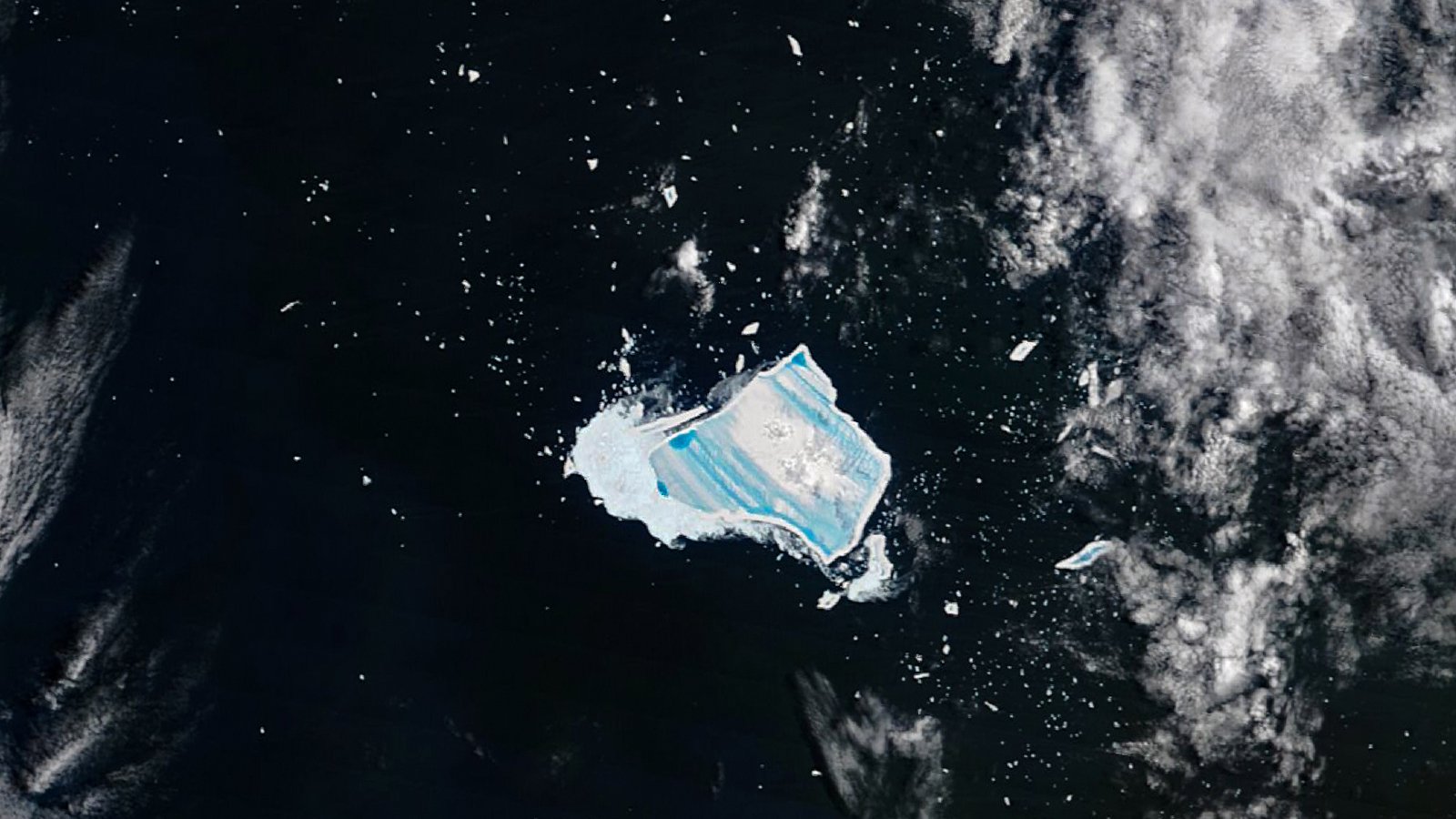Science News: Recent scientific discoveries and expert analysis
Read the latest science news and recent scientific discoveries on Live Science, where we've been reporting on groundbreaking advances for over 20 years. Our expert editors, writers and contributors are ready to guide you through today's most important breakthroughs in science with expert analysis, in-depth explainers and interesting articles, covering everything from space, technology, health, animals, planet Earth, and much more.

Explainers | Everything you need to know about the science news that matters.

Science Spotlight | Shining a light on new science transforming our world.
Latest news
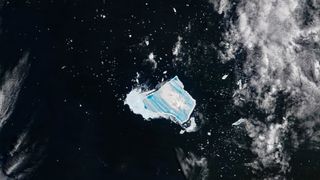
Mega-iceberg A23a, formerly the world's largest, turns into bright 'blue mush' as it finally dies after 40 years at sea
By Harry Baker published
New satellite photos reveal that one of the world's largest and longest-lived icebergs, A23a, has developed vibrant blue striations on its surface. The striking snaps hint that the "megaberg" will soon disappear forever, ending a surprisingly eventful four-decade-long saga.
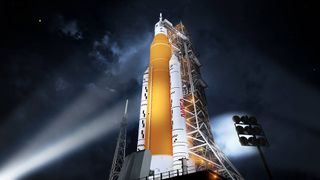
Artemis 2 mission update: Rollout imminent as NASA prepares first crewed Artemis mission to the moon
By Patrick Pester published
NASA's Artemis 2 rollout could be as early as this weekend as the space agency makes final preparations for its first crewed Artemis moon mission.
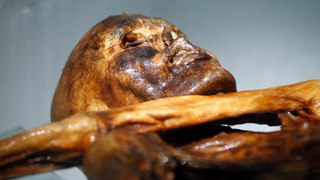
Ötzi the Iceman mummy carried a high-risk strain of HPV, research finds
By Aristos Georgiou published
Two renowned prehistoric individuals were likely infected with a human papillomavirus that has been linked to several cancers.

Is there such a thing as 'too much' protein?
By Christoph Schwaiger published
Daily protein requirements vary a bit person to person, but some evidence suggests consuming high amounts of protein could do more harm than good. Live Science spoke to experts to learn more.

DNA from ancient viral infections helps embryos develop, mouse study reveals
By Clarissa Brincat published
A stretch of viral DNA in the mouse genome gives cells in early-stage embryos the potential to become almost any cell type in the body.
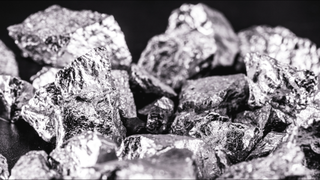
Metal compounds identified as potential new antibiotics, thanks to robots doing 'click chemistry'
By Victoria Atkinson published
Using robots and click chemistry, scientists built potential active ingredients for future antibiotics that contain metal.
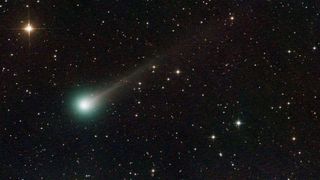
Astronomers may have already spotted the 'Great Comet of 2026' — and it could soon be visible to the naked eye
By Harry Baker published
Recently discovered Comet C/2025 R3 (PanSTARRS) will make its closest approach to the sun and Earth in late April and could potentially be visible to the naked eye. It may end up being the brightest comet of the year.
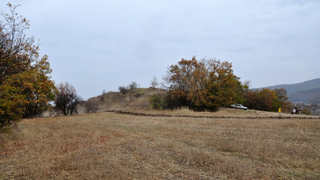
Monumental tomb discovered in Turkey might be of royal from King Midas' kingdom
By Tom Metcalfe published
A burial mound in Turkey may have held the remains of a member of King Midas's family. But not all experts are convinced.
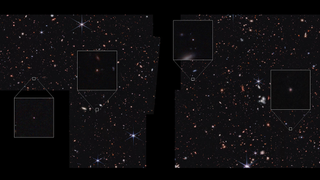
Oddball 'platypus galaxies' spotted by James Webb telescope may challenge our understanding of galaxy formation
By Elizabeth Howell published
Astronomers spotted nine galaxies with characteristics that have never been seen as a collection before. It's possible this is a newly found type of star-forming galaxy.
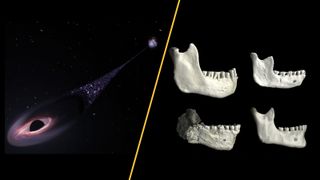
A runaway black hole, a human ancestor discovered in Casablanca cave, and vaccine schedule slashed
By Ben Turner published
Science news this week Jan. 10, 2025: Our weekly roundup of the latest science in the news, as well as a few fascinating articles to keep you entertained over the weekend.
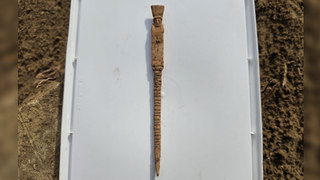
Dionysus and his erect penis depicted on 2,500-year-old bone stylus found in Sicily
By Kristina Killgrove published
Archaeologists in Sicily found a unique writing implement featuring a grumpy-faced god and his erect penis.

China's 'artificial sun' reactor shatters major fusion limit — a step closer to near-limitless clean energy
By Patrick Pester published
China's EAST nuclear fusion reactor has successfully kept plasma stable at extreme densities, passing a major fusion milestone and potentially bringing humanity closer to wielding near-limitless clean energy.
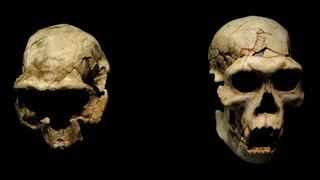
Homo erectus wasn't the first human species to leave Africa 1.8 million years ago, fossils suggest
By Charles Q. Choi published
A new analysis of enigmatic skulls from the Republic of Georgia suggest that Homo erectus wasn't the only human species to leave Africa 1.8 million years ago.
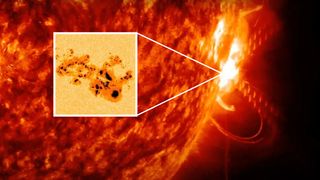
Giant sunspot that triggered recent solar 'superstorm' shot out nearly 1,000 flares and a secret X-rated explosion, record-breaking study reveals
By Harry Baker published
The massive sunspot that sparked an "extreme" geomagnetic storm in May 2024 unleashed hundreds of other dangerous solar flares, including a hidden X-class outburst, a new paper reveals. The study sets a record for the longest continuous observation of a single active region on our home star.
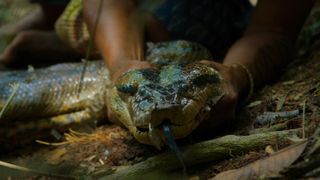
Never-before-seen footage captures moment scientists find new, giant anaconda species in Amazon
By Sascha Pare published
Scientists recently discovered a new species of green anaconda in the Amazon rainforest. A new Nat Geo series shows the moment they encountered this snake in the wild.
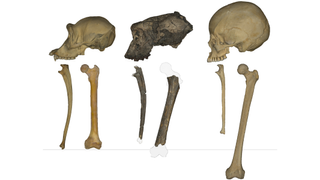
Tiny bump on 7 million-year-old fossil suggests ancient ape walked upright — and might even be a human ancestor
By Sophie Berdugo published
The way Sahelanthropus tchadensis moved has long been debated. The discovery of a small bump on the front of the thigh bone is "beyond convincing" evidence this ape was bipedal.

NASA announces unprecedented return of sick ISS astronaut and crew
By Sascha Pare last updated
NASA has announced the early return of Crew-11 from the International Space Station after an unidentified astronaut experienced a medical problem.
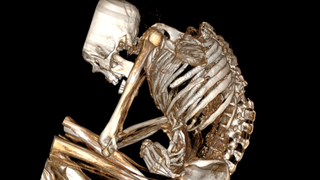
1,100-year-old mummy found in Chile died of extensive injuries when a turquoise mine caved in, CT scans reveal
By Kristina Killgrove published
The mummified remains of a man buried close to a turquoise mine in Chile's Atacama Desert suggest he was a miner who died in a tragic occupational accident.
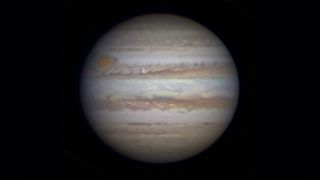
Jupiter will outshine every star in the sky this weekend — how to see the 'king of planets' at opposition
By Jamie Carter published
Jupiter reaches opposition on Jan. 10, when it will shine all night at its brightest as Earth moves between the giant planet and the sun.
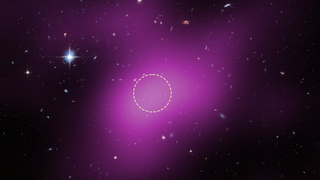
Hubble telescope discovers 'Cloud-9,' a dark and rare 'failed galaxy' that's unlike anything seen before
By Ivan Farkas published
Astronomers have revealed a new type of cosmic object called Cloud-9 — a dim, starless gas cloud anchored by a massive dark matter halo that may be the first-confirmed failed galaxy.
Get the world’s most fascinating discoveries delivered straight to your inbox.
 Live Science Plus
Live Science Plus






